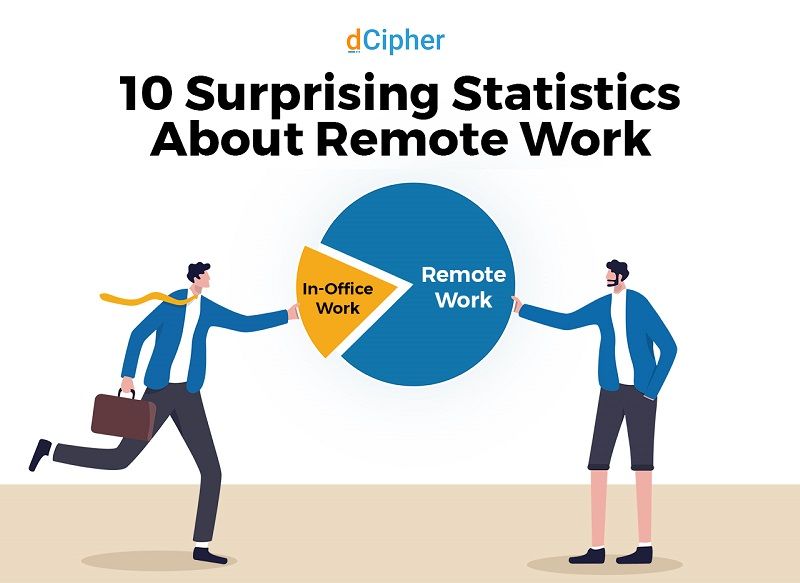A candidate can receive multiple job offers and may not be sure which one to accept. It is essential to evaluate all the job offers to understand the right company for the long term.
In this blog, we will look at some tips for negotiating the best possible deal.
- Understand the compensation package
Salary and perks are significant factors when evaluating a job offer. The job can only be suitable for the candidate if the salary is good enough to cover all the expenses and bills and if they are the best among the various offers.
Even if the salary appears ideal, one should consider the industry benchmark for the compensation offered for similar positions, skills, experience, and qualifications. It will indicate whether the salary offered is lower and give the candidate to negotiate with the employers.
Apart from the take-home pay, it is essential to check the other perks and employee benefits such as healthcare policies, performance bonuses, paid holidays, stock options, or company vehicles. While these do not give extra cash in hand, they indirectly help to save money on these expenses. So, one should never ignore the benefits and perks when negotiating compensation packages.
- Look at career opportunities with the company
While salary and work benefits will attract in the immediate term, it is significant to know whether one has the opportunity to grow in the organization. Understanding the organizational hierarchy and understanding where one can fit in the medium to long term is crucial. One needs to know where they will be 5 to 10 years down the line in the organization. Over time, salary will cease to matter, and the position commensurate with experience will determine the employees standing in the job market.
- Understanding the team structure in the organization
It is significant to understand the interpersonal the organization accepting the job offer. Candidates should ask the employer about reporting managers, team members, and teamwork responsibilities. Interacting with the future Manager and department employees will give an idea about how one can perform efficiently and the social dynamics between them.
- Working conditions and hidden costs
If the job requires traveling long distances frequently, the candidate should ask about conveyance reimbursement or car maintenance expenses. One should also clarify the work timings and whether one would be required to work on weekends. Hidden costs may affect the net take-home pay. At the same time, extra commuting and extended hours could result in a negative effect on work-life balance.
Conclusion
The above are some specific questions a candidate should clarify upfront to ensure less scope for disillusionment later. One of the reasons for high attrition is the factors mentioned above.








